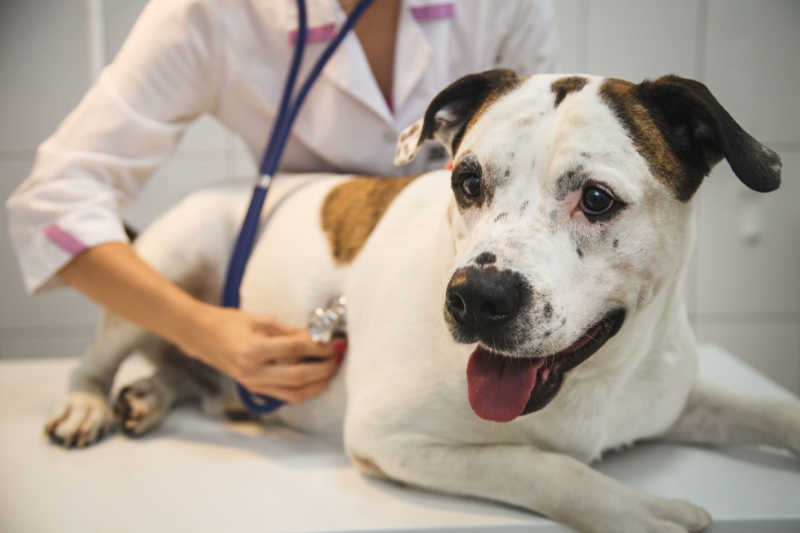Vet’s Views
SB Mathur
The writer is one of the most experienced veterinary specialists in India
Q: My dog recently died of an undetected heart issue. Can a vet diagnose congestive heart failure in a dog just by listening to the heart? Abha Dixit
When we listen to a patient with a stethoscope to diagnose heart disease/heart failure, we are listening for multiple things. Does the dog have an audible heart murmur and if so, is there evidence of congestive heart failure (CHF)? We listen for evidence of fluid in the lungs that would indicate heart failure. Just the presence of a heart murmur does not indicate heart failure. X-rays and echocardiography also aid in the diagnosis of CHF. So yes, CHF can be diagnosed with the stethoscope but some cases require further testing. BNP testing can also aid in the diagnosis.
Q: My dog drinks a lot of water, should I worry? Sheetal Dubey
Firstly, you should quantify if your dog is actually drinking an excessive amount of water. In 24 hours, a dog should drink about 60 ml per 1 kg of body weight. Therefore, the recommended amount of water intake equals your dog's weight. For example, if your dog weighs 4 kg, he/she should drink about a cup of water in 1 hour. This will be slightly increased if your dog gets a lot of physical activity or lives outdoors. You can measure your dog's water intake the following way: In the morning, measure a specific amount, a little bit more than you think he/she will drink. 24 hours later, measure the remaining amount. If the amount of water your dog drank is significantly greater than it should be, then you should take your dog to a veterinarian. Causes for mildly increased water consumption include food changes, increased ambient and body temperature, increased activity, urinary tract infection, and general illness. Common causes for greatly increased water consumption include diabetes, urinary tract infection, kidney disease, steroid use, and other systemic diseases. With large increases in water consumption, you will also usually see increased urination. Please take note of urinary patterns to discuss with your vet. Greatly increased drinking and urination are always a reason to see a vet.
Q: How can I tell if a cat is producing milk for her kittens? Hinna Khan
The best way to determine if your cat is producing milk is by observing the kittens. Newborns spend long hours nursing - up to 8 hours per day - with sessions lasting up to 45 minutes. When the mother's milk is being let down, the kittens will each latch onto a preferred nipple and stay there. If you observe closely, you will be able to see their little mouths and tongues moving from the suckling action. Often their ears may move as well. Nursing kittens will knead the mother's abdomen which is an important stimulus to milk let down. After a feeding session, the kittens will have round, full bellies and will fall asleep. Ideally, healthy kittens who are nursing well will gain 7-10 grams every day. They can, and should, be weighed every few days to confirm gains.

















Leave a comment